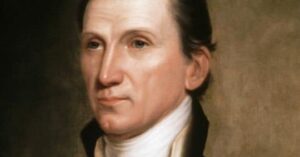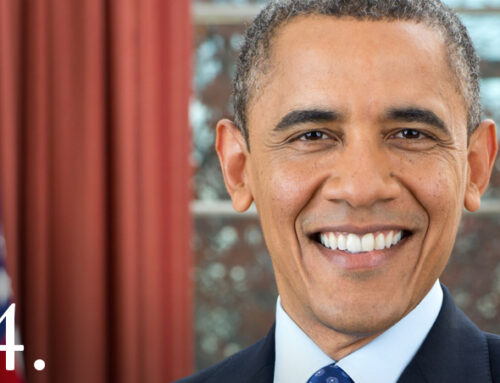James Monroe was the fifth President of the United States, serving from 1817 to 1825. He was a key figure in the early history of the United States, playing a pivotal role in the country’s struggle for independence from Great Britain and the drafting of the United States Constitution.
Monroe was born in Virginia in 1758 and grew up in a wealthy family. He received a good education and became a lawyer, and in 1775, he joined the Continental Army to fight in the Revolutionary War. After the war, he returned to Virginia and continued his career as a lawyer and politician.
In 1790, Monroe was appointed as the United States’ first minister to France, and in 1794, he became the country’s first minister to Great Britain. In 1811, he was elected as the fifth President of the United States, succeeding James Madison.
As President, Monroe faced many challenges, including tensions with Europe and a growing political divide within the United States. He also oversaw the expansion of the United States, with the admission of several new states to the Union. After serving two terms, he retired from public life and returned to his home in Virginia, where he died in 1831.
Monroe is remembered as one of the most important and influential figures in American history. His efforts to secure independence and his leadership as President helped to shape the country and set it on a path toward greatness. Despite the challenges he faced, he remains a towering figure in American history, and his legacy continues to inspire people around the world.
When this name came, I was shocked. If he decided, he can live through good life because he was a plantation owner. Yes, You read it right.
As with Jefferson and Madison before him, the source of his wealth was inherited wealth and land ownership. He mismanaged the family plantation, sending it into debt, and eventually selling the plantation as well as a home in Paris. As a result of this presidential bankruptcy, he had to ask Congress to relieve some of his debts to the tune of $30,000 – or $778,000 today.
“It may be advisable to extend to the purchasers of these lands a reasonable indulgence.” Said the Fifth president of the United States.
Real estate bubbles are nothing new, and Monroe was president during the new nation’s first one. The purchasers Monroe referred to had borrowed heavily to buy Western lands from the federal government, then struggled to repay when crop prices plunged. In way simple words, this was close to the time’s Wall street banking people. Monroe was sympathetic to the debtors, but not everyone shared his view. The question persists in economists’ discussion of “moral hazard”—the notion that forgiving irresponsible behavior will induce more of the same.
Before going ahead, I want to mention that James Monroe was the president who passed legislation to restrict slavery to existing slave states. That’s how the base of confederate state or slave states term was born. Missouri’s compromise line thing permitted texas to be a slave state so when California want to be a free state was a problem. that’s because of this president’s actions. His plan was in fact to free African Americans from the US and colonize them in Liberia. But that didn’t happen, the Civil war takes place. That’s, not part direct. Indirectly yes. Slaves were the reason affecting the growth of the US.
But what about his bankruptcy?
Yes. He was born into a slave-owning planter. So that was not shocking. He was among the founding father of, the last president who was founding father. He works closely with George Washington. That time was when the US was growing, Lousiana purchase and the Florida purchase. So the era was of growth. Monroe was watching and participating in this growth as a leader. In 1790, he won the election to the Senate, where he became a leader of the Democratic-Republican Party. He left the Senate in 1794 to serve as President George Washington’s ambassador to France but was recalled by Washington in 1796. Monroe won the election as Governor of Virginia in 1799 and strongly supported Jefferson’s candidacy in the 1800 presidential election.
The story starts here.
Having neglected his private affairs and incurred large expenditures during his missions to Europe and his presidency, he was deeply in debt and felt compelled to ask Congress to reimburse him. In 1826 Congress finally authorized the payment to him of $30,000. Almost immediately, adding additional claims, he went back to Congress seeking more money. Congress paid him another $30,000 in 1831, but he still did not feel satisfied. After his death, Congress appropriated a small amount for the purchase of his papers from his heirs.
Before all this, he sold his plantation, now owned by his alma mater, the College of William and Mary, which has opened it to the public as a historic site. Throughout his life, he was financially insolvent, which was exacerbated by his wife’s poor health.
What is a lesson we learn here? Do not ignore your finances, ignorance was always expensive. Plus. Health is one big black hole. that is why Harry Truman and FDR tried for Health insurance. Obama signs affordable care act. which are still a big achievement for the nation.




